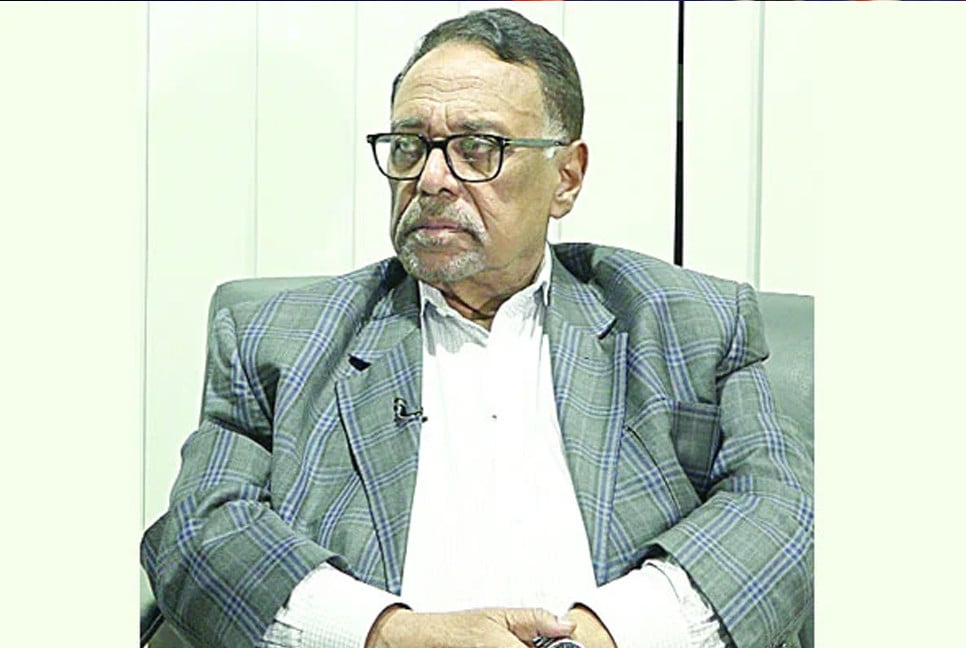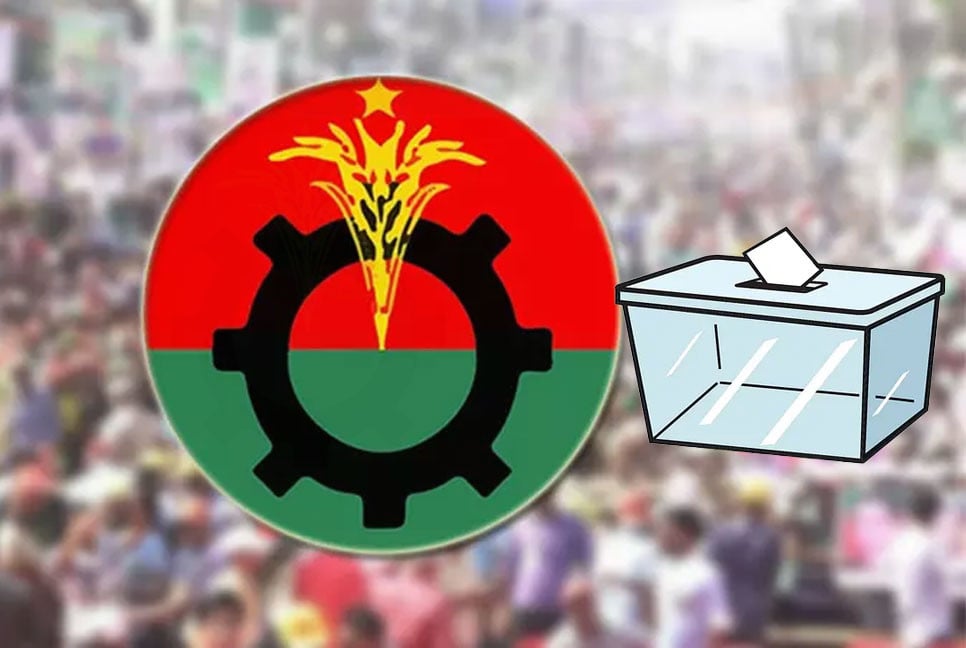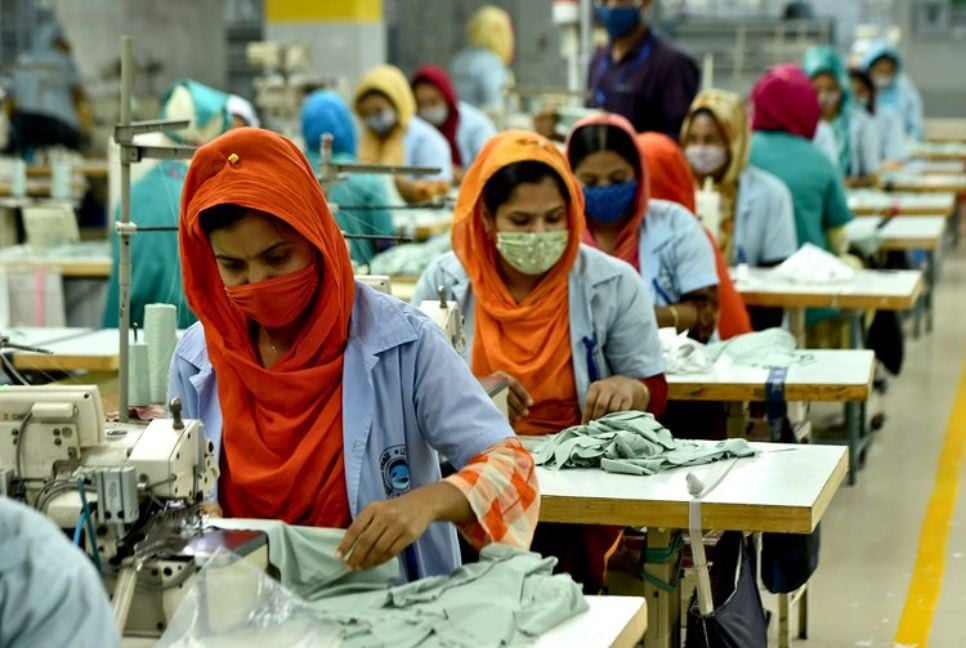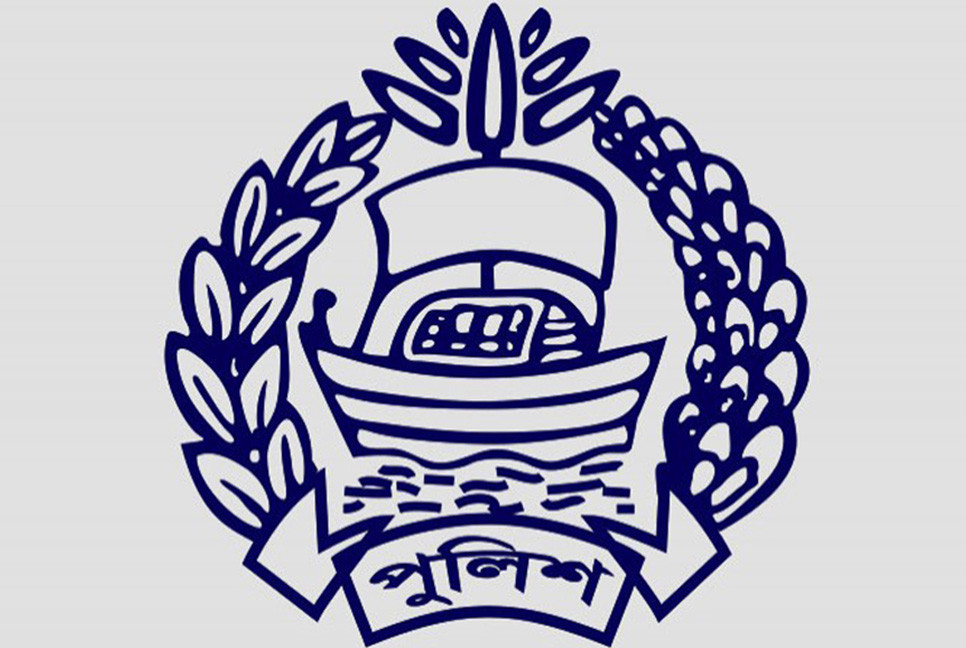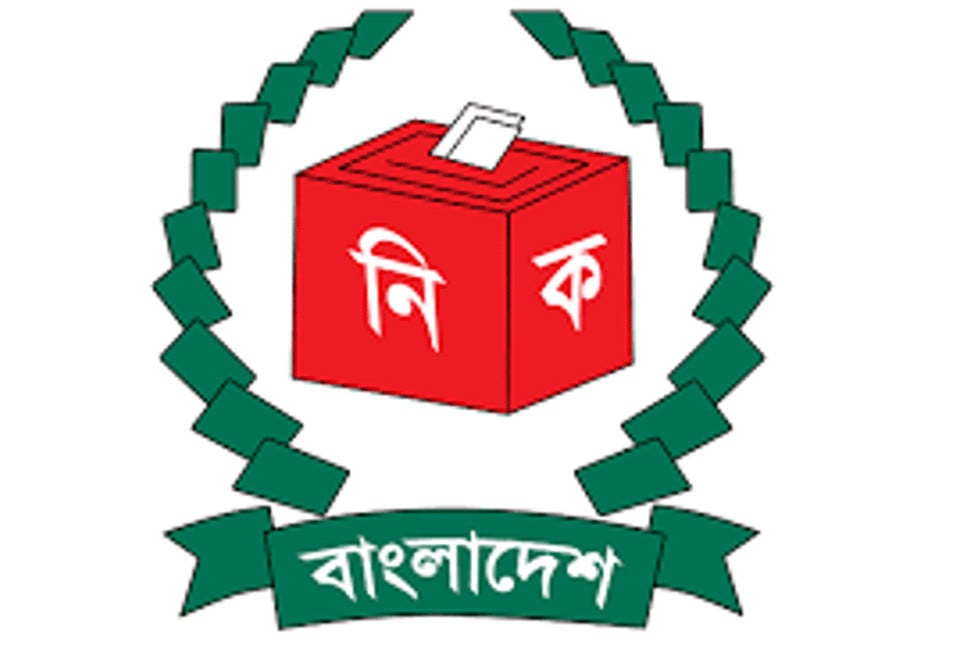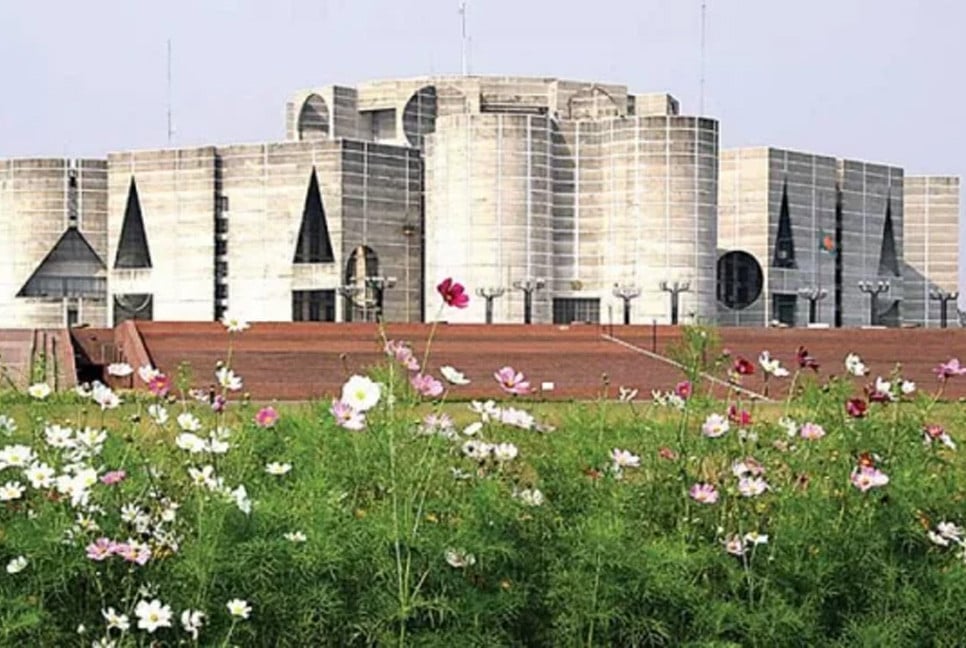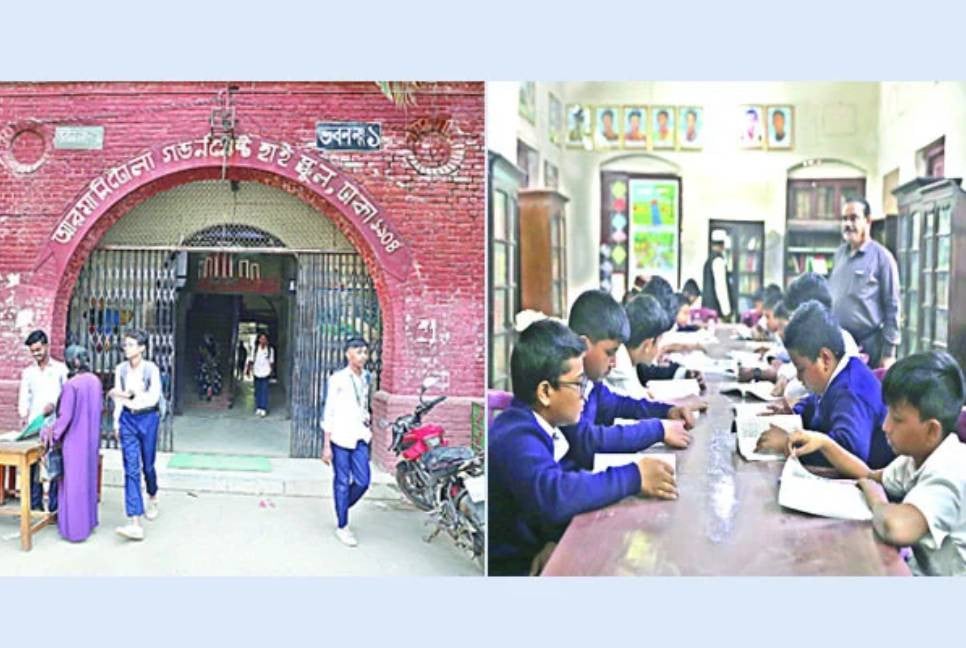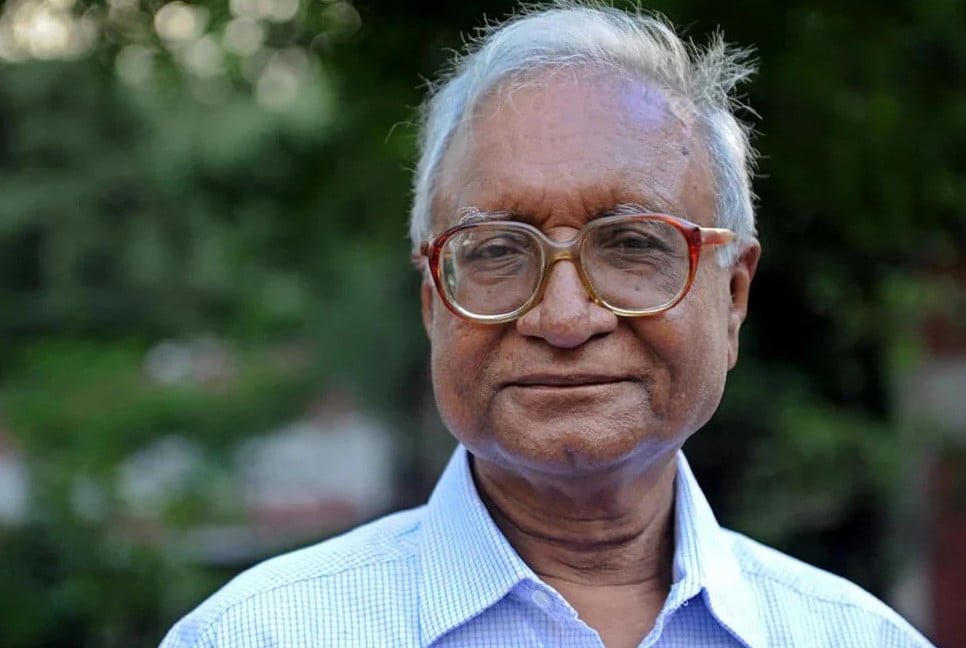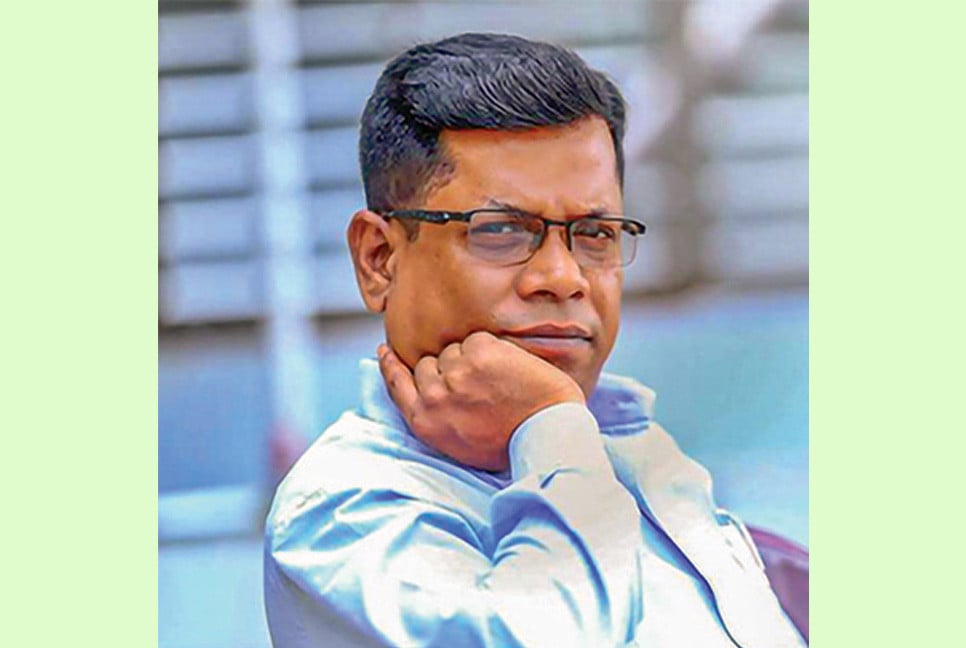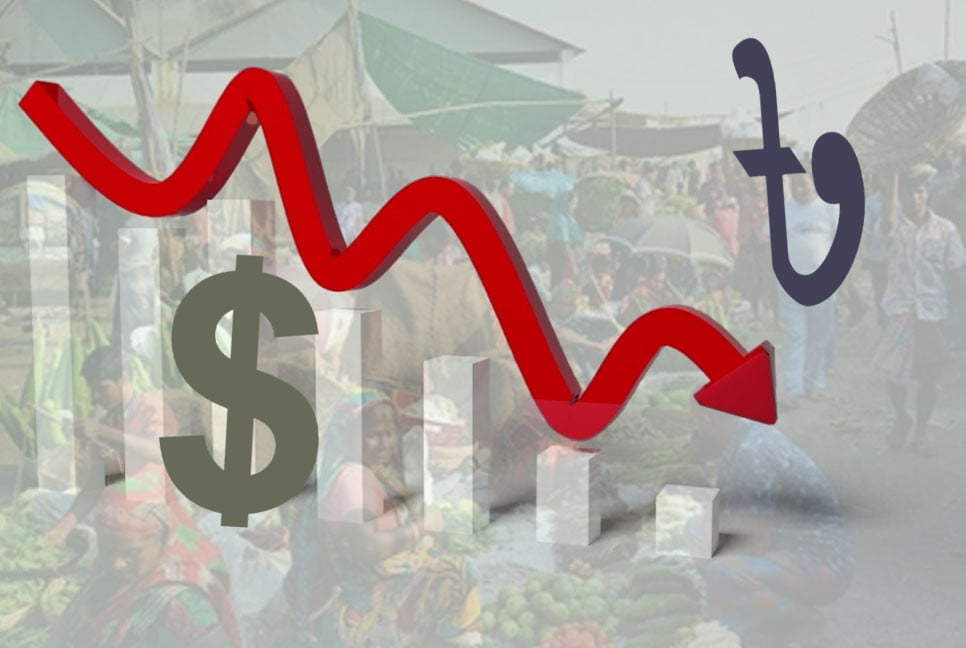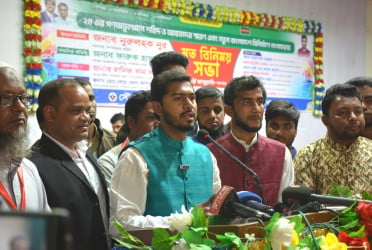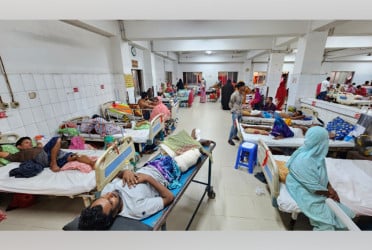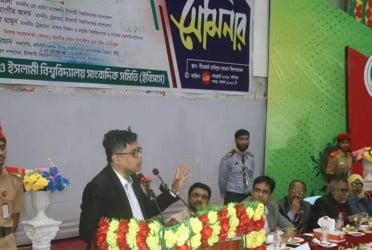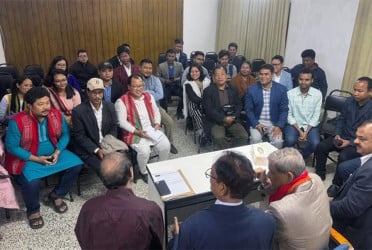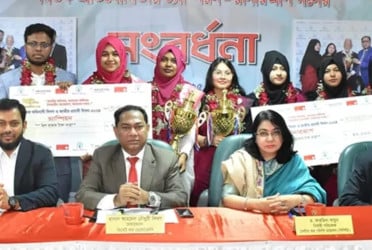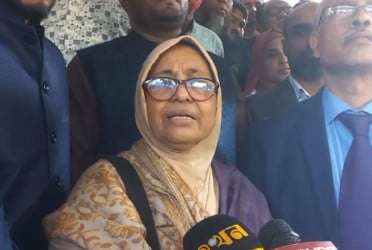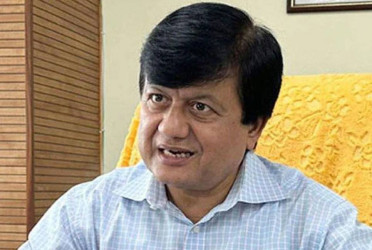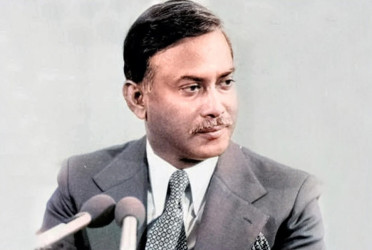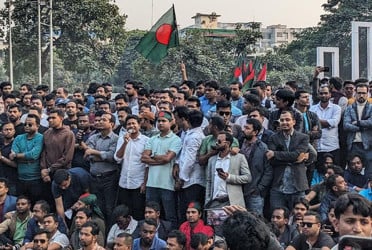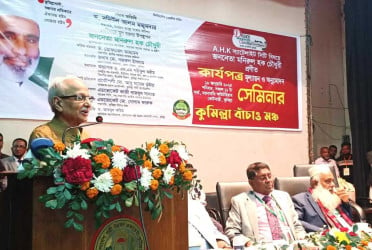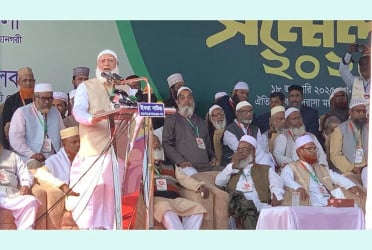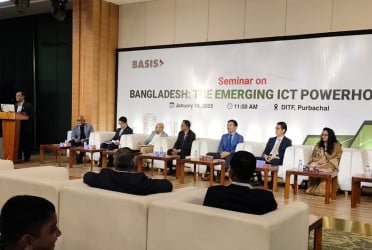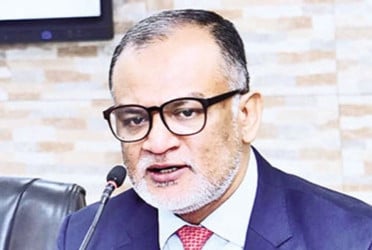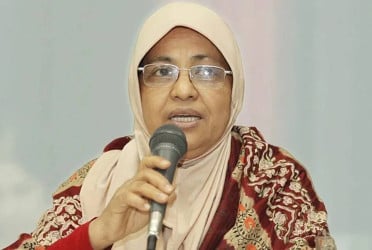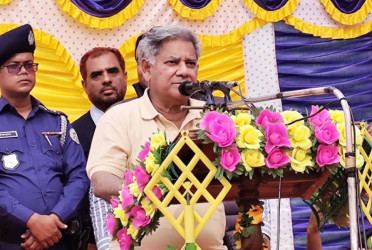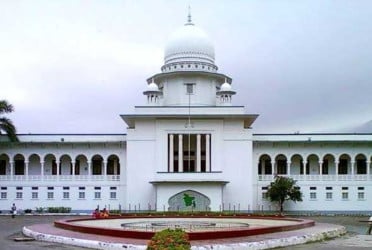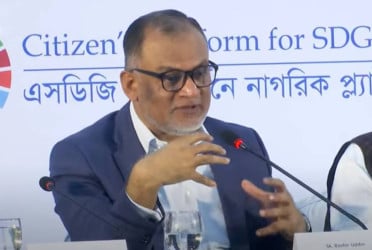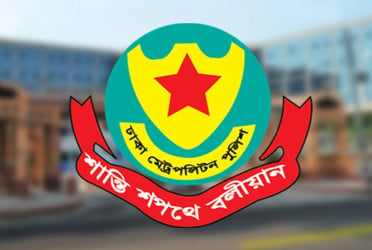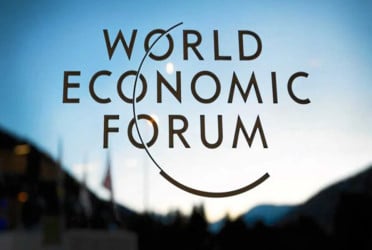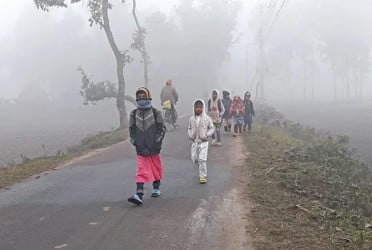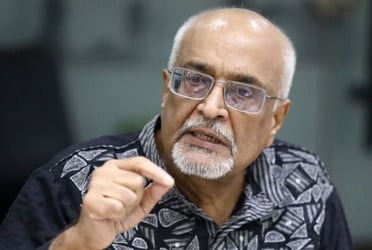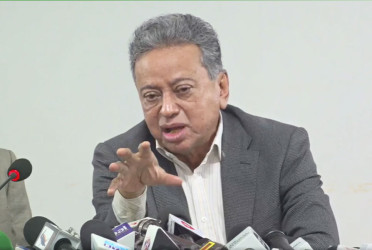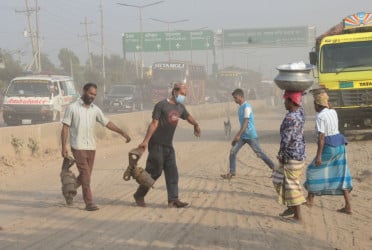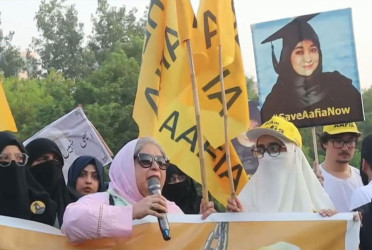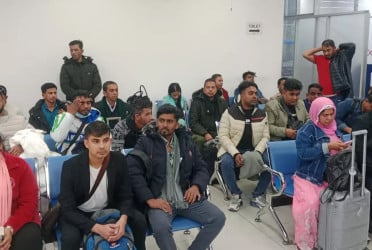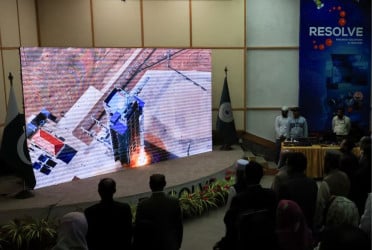In an interview with Bangladesh Pratidin, Mir Nasir Hossain, the former president of the Federation of Bangladesh Chambers of Commerce and Industry (FBCCI) and former director of Eastern Bank, shared his insights on the country's state of trade, private sector, and the overall economy.
He emphasized that addressing the ongoing crisis in business requires ensuring safety for entrepreneurs and creating an environment conducive to effective business operations.
Without these measures, investments will not be sustainable. He also highlighted the need for comprehensive economic development in response to changing circumstances.
Bangladesh Pratidin: The country is undergoing significant political changes. What is the current state of business and trade?
Mir Nasir Hossain: The mismanagement of the past 15 years has led to an unsustainable situation. Despite having significant electricity generation capacity, we still lack a reliable power supply. The gas situation is similarly troubling. In particular, over the last year or two, we have faced severe challenges due to not receiving even half of our gas demand. Consequently, production has been disrupted, leading to increased production costs.
We have attempted to operate factories using alternative fuels, but the costs are significantly higher. Additionally, devaluation of taka against dollar has led to a dollar shortage, making it challenging to open letters of credit (LCs). This has hampered our ability to import raw materials, adversely affecting our production.
Furthermore, we have been unable to import capital machinery. In addition, we encountered complications with customs, advance income tax, and HS codes. Our goods remained stuck at the port for days awaiting clearance due to harassment. The cycle of corruption in the revenue department has caused us significant distress. After importing goods, we often find that costs have risen substantially. Various challenges, including protests and curfews, resulted in a month-long halt in production, impacting several industries since August 5.
Another issue that has now emerged is the shift in extortion practices. Previously, one group demanded bribes, but now another group has taken over. We are navigating this challenging situation. The government has struggled to maintain law and order, as the police—the primary force for enforcement—were nowhere to be found after the protests. In many areas, there wasn’t even space for officers to sit. This has created significant challenges for us, with many industries suffering as a result. However, after granting magistracy powers to the armed forces and with the police becoming somewhat more active, the situation has started to stabilize.
Bangladesh Pratidin: In the final days of the previous government, business and trade were stagnant for various reasons. With the new government in place, there were hopes for a resurgence in business; however, incidents of attacks and vandalism on factories, along with murder charges against businesspeople, have left entrepreneurs disheartened. Many have been compelled to withdraw from new investments, and a sense of fear has taken hold among many. What steps can be taken to address this?
Mir Nasir Hossain: Bank interest rates have risen from 9% to 14-15%. In this situation, sustaining a business with such high interest rates is challenging. Additionally, the rules regarding loan defaults have changed; now, failure to make a payment will result in a declaration of default after 90 days. This has raised our concerns. Alongside rising interest rates, fuel supply is not meeting demand. To address the ongoing crisis in business and trade, it is essential to ensure safety for entrepreneurs and create an environment conducive to effective business operations. Without these measures, investments will not be sustainable. Overall economic development is necessary in the face of changing circumstances; otherwise, current investments will not remain viable.
We need to improve the indicators of the overall economy; simply focusing on GDP is not enough. Business operating costs must be reduced. If utility services require bribes, costs will not decrease. Our expenses have been rising steadily, and without addressing these issues, we will see no positive outcomes. Our expectations from this government are high, as they are attempting to establish order across various sectors, particularly in the financial domain. There needs to be a resolution to customs issues and initiatives to increase the tax-to-GDP ratio, with a focus on direct taxes. If we cannot bring economic parameters into a favorable position, the investment climate will suffer.
During the previous government's tenure, public sector bank loans increased significantly, leading to excessive money printing for refinancing. The decrease in money supply to the private sector is a key issue, compounded by the rise in foreign debt, which has reached $100 billion, up from $20-25 billion. There is also a dollar shortage that we need to overcome. Our supply is not meeting demand properly, and the supply chain is quite weak. Extortion is prevalent in various forms, both institutional and informal. For instance, there is a stark difference between the price of a pumpkin at the production level and its price in Dhaka. Although excessive rainfall has damaged many vegetables and crops in the Sylhet-Jamalpur region, reports indicate that extortion in Kawran Bazar reaches millions every night, and bribes are demanded at Gabtoli and Saydabad bus terminals. These practices must be stopped.
Bangladesh Pratidin: What measures should be implemented to strengthen the banking sector?
Mir Nasir Hossain: Given the size of our economy, having 60-65 banks is unjustifiable. Consider a large country like India, which has only 5 to 6 public banks along with a few private ones. Was there really a necessity for so many insurance companies? Many were established for political reasons, leading to a cycle of corruption. Oversight was insufficient, and those responsible likely turned a blind eye. To restore order now, we must establish the rule of law.
We must avoid any actions that lead to discrimination in law enforcement as seen in the past. The number of reputable businesspeople is substantial, and the government must cultivate trust with them. The private sector and businesses have created 85% of employment opportunities. Without industrial development, job creation will falter. The private sector is the primary driver of our economy and requires supportive policies to flourish. This will provide the confidence needed for reinvestment and new investments. Furthermore, we must take initiatives to attract foreign investment.
Bangladesh Pratidin: What measures can be taken to regulate commodity prices?
Mir Nasir Hossain: After extensive lobbying, the Ministry of Commerce established a Tariff Commission to verify prices. A study by the Dhaka Chamber reveals that the production cost of rice is about 16-17 taka per kg, while it is sold for 60-65 taka. We need to investigate the reasons for this discrepancy and ensure that farmers receive fair compensation. Currently, it is the intermediaries who benefit, causing consumers to pay inflated prices. This issue cannot be resolved solely through police enforcement; we need to implement a system that narrows the price gap between producers and consumers. This will help eliminate the various costs that are currently being added at different stages.
Moreover, we must forecast market trends, as many of our products are reliant on domestic production. Rice, wheat, corn, mustard oil, onions, potatoes, and many other products are cultivated locally. The government should base its actions on thorough research to understand our demand and production levels. If we arrange imports in advance, we can prevent these crises and keep prices manageable.
We also need to restructure the overall market management system. Additionally, we must expand and effectively implement social safety net programs. During the previous administration, 40-45% of the one million beneficiaries were affiliated with political parties. These areas require reform, as supporting one million genuine beneficiaries can positively impact around four million people. Therefore, we must intensify our efforts in these areas.
Bangladesh Pratidin: Over the past 15 years, government-preferred individuals have represented business organizations. How can these organizations contribute to the interests of businesses and the public by reinstating democratic processes?
Mir Nasir Hossain: The politicization has affected not just businesses, but also professions like teaching and medicine. In a country without free national elections, how can other elections be fair? The necessary environment was absent, preventing individuals from fulfilling their roles. Business organizations should identify issues from small enterprises to large industries and negotiate with the government for policy support. However, during that time, we observed these organizations being co-opted to advance government agendas.
Significant reform is essential. I feel embarrassed that in a country like Bangladesh, there are 400 to 450 associations. How is it possible to have so many organizations? Most of them are just "pocket committees", created to increase votes. We must ensure that genuine business representatives can participate in trade organizations through reforms. Membership policies need to be revised to focus on businesses, which will naturally lead to better leadership. During my tenure, FBCCI was not simply a facilitator for the government. Previously, reactions to budget proposals would emerge even before the budget was announced, often claiming it was favorable.
Bangladesh Pratidin: What steps should the government take to enhance the export market?
Mir Nasir Hossain: Our mediation skills are limited. The WTO division of the Ministry of Commerce is supposed to work on increasing exports, but experienced officials are not retained. After receiving training in Geneva, these officials are often transferred elsewhere. For instance, I saw that the personal assistant to the Commerce Secretary went to Geneva for WTO training—what impact can he have on boosting exports?
Representatives from countries like Brazil and India serve in the same positions for years, allowing them to build expertise that we have not developed here. We need to cultivate skilled officials for trade agreements. We have many exportable products, but compliance issues are hampering our ability to export. The number of places one has to navigate to obtain export permits is excessive. How can we realistically expect to increase exports under these conditions?
Bangladesh Pratidin: Despite everything, do you see any glimmer of hope?
Mir Nasir Hossain: I have always been an optimistic person. Bangladesh is a land of immense potential, but we have transformed this potential into a realm of challenges. Now, we need to identify our opportunities and take action accordingly. Those with the capability to do business must be facilitated, while those who are not legitimate businesspeople (for political reasons) have unfairly benefited, leaving genuine and skilled entrepreneurs at a disadvantage. Intermediaries have gained through corruption. We must restore order in this area.
A true zero-tolerance policy against corruption is essential, along with ensuring the rule of law. We need to assure the public that they can stay in their country, the judiciary is functioning, and systems have been restored. I believe the future of Bangladesh is bright. Apart from India, Pakistan, Indonesia, and China, there are no other countries in the world with such a population like ours. The only reasons we have not reached our potential are mismanagement, corruption, and poor governance. Addressing these issues will eliminate the need for Bangladesh to look back.
Bangladesh Pratidin: Thank you for taking the time to speak with us.
Mir Nasir Hossain: Thank you too.
Translated by ARK/Bd-Pratidin

